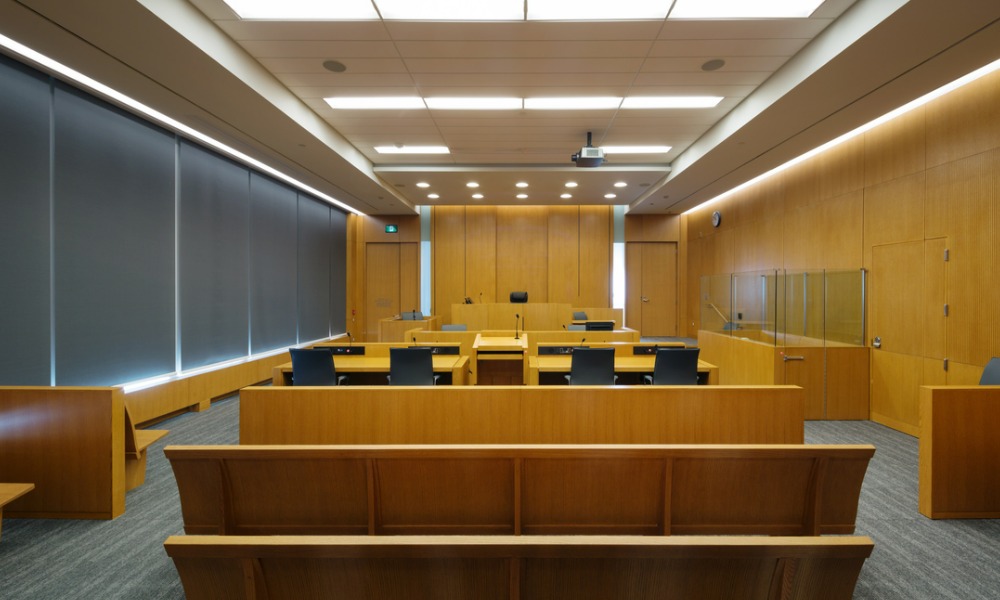Litigant launched several meritless lawsuits; declaration regulates access to courts

A declaration that a party is a vexatious litigant does not totally prevent them from accessing the courts but merely regulates their access, the Federal Court has said.
In National Bank of Canada v. Taha, 2022 FC 1282, the National Bank of Canada, The Toronto-Dominion Bank, Bank of Nova Scotia, Bank of Montreal, and Canadian Imperial Bank of Commerce asked the Federal Court to declare Sufian Taha a vexatious litigant because he had persistently instituted meritless and vexatious lawsuits in the Federal Court and in the PEI courts.
Vexatious lawsuits instituted
In 2017, the National Bank filed a mortgage lawsuit in the PEI Supreme Court against Taha and his spouse. The Supreme Court ruled in favour of National Bank. The appeal court noted that the proceeding was made complex because Taha engaged in “superfluous correspondence” and introduced “wide-ranging unmeritorious and often non-justiciable defences and claims.”
Between 2018 and 2019, Taha commenced at least 10 more proceedings in the PEI courts. Taha also commenced four proceedings in the Federal Court from 2019 to 2020, including a suit for damages for more than $5.6 trillion against National Bank, the Government of Canada, and the Bank of Canada. The Federal Court struck out all four pleadings, finding that “it was plain and obvious that the statements of claim disclosed no reasonable cause of action.”
Hallmarks of a vexatious litigant
The Federal Court explained that a declaration that a litigant is vexatious does not bar their access to the Federal Court. Rather, it only regulates their access to the courts by requiring them to obtain the court’s permission before starting or continuing a proceeding.
“The court may create an extra layer of regulation and monitoring where necessary to prevent some litigant from squandering judicial resources by duplicative proceedings, pointless litigation, the style or manner of their litigation, their motivations, intentions, attitudes and capabilities while litigating,” said the court.
The court pointed out some of the common hallmarks suggesting vexatiousness such as filing frivolous and inconsistent proceedings, seeking relief or remedies outside the jurisdiction of the court, and making unfounded allegations of improper conduct against the opposing party and their solicitors as well asthe court.
The Federal Court noted that Taha’s conduct bore many hallmarks of a litigant who persistently commences and pursues vexatious proceedings. Taha had begun numerous new actions which were summarily dismissed as frivolous, vexatious, and an abuse of process. Taha had also commenced new proceedings against the lawyers and employees of the opposing parties, and even members of the PEI courts. All of these proceedings were summarily dismissed as frivolous, vexatious, and abuse of process. The PEI Supreme Court had also previously declared Taha to be a vexatious litigant.
“The large number of meritless claims commenced by the respondent in the PEI courts, the basis for their summary dismissal, the identity of the putative defendants and the repetitious pattern of the baseless allegations all indicate that the respondent acted vexatiously,” the Federal Court said.
The court concluded that an extra layer of regulation was necessary in the Federal Court to ensure that Taha’s commencement and pursuit of frivolous and vexatious proceedings did not deprive proper litigants of their share of the finite resources of the court and its registry.










